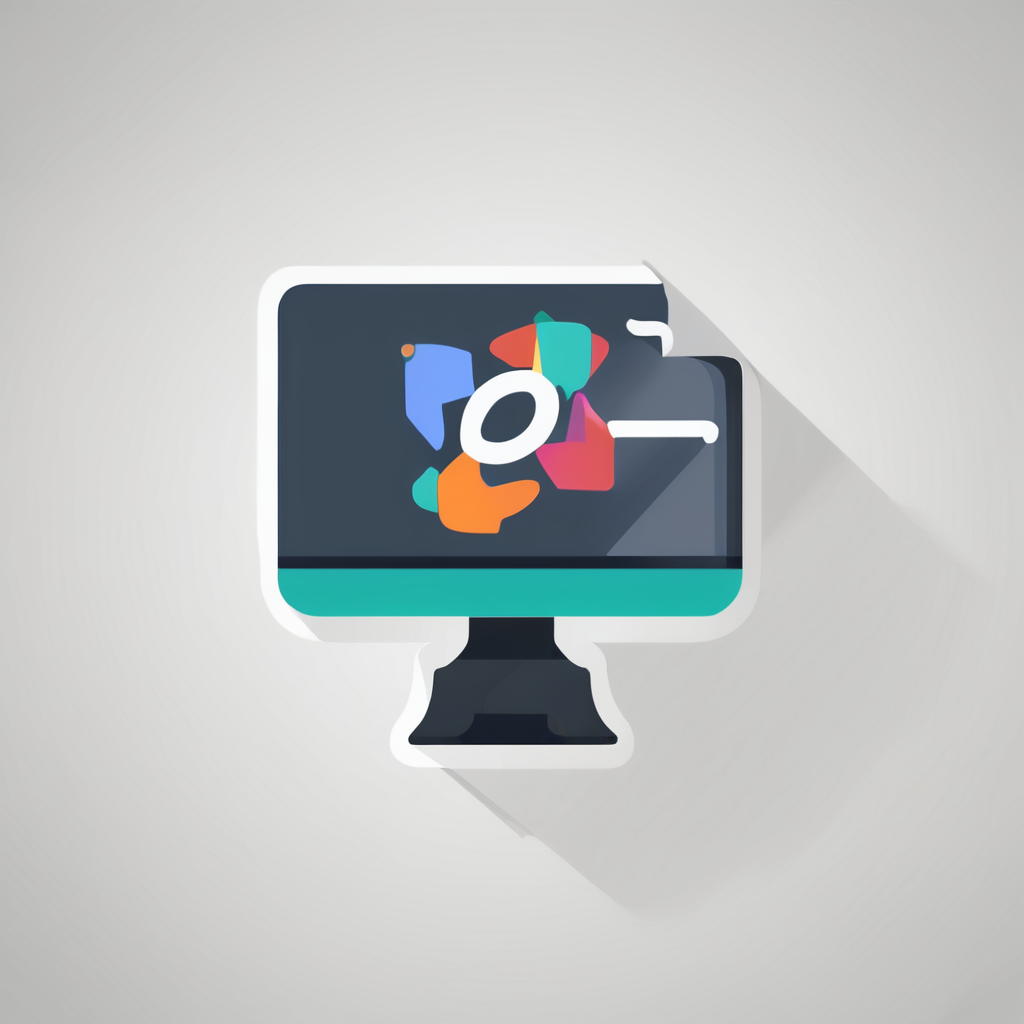Notable UK Computing Hardware Startups Challenging the Status Quo
The UK hardware startups landscape is buzzing with disruptive tech companies that redefine computing innovation. These startups focus on advancing AI chips, IoT devices, and edge computing solutions, positioning themselves at the forefront of UK computing innovation.
One standout company is a pioneer in designing custom AI accelerators. Their founders, with backgrounds in computer engineering and AI research, have developed hardware that vastly improves energy efficiency and processing speed. This innovation is crucial for applications demanding real-time data analysis at the edge.
Also to see : How Does the Choice of UK Computing Hardware Impact Sustainability?
Another influential startup excels in connected IoT hardware, creating smart sensors that enhance automation and data collection. With expertise rooted in embedded systems, their technology supports industries such as healthcare and manufacturing, showcasing the diversity within UK hardware startups.
These startups are not only innovating but also challenging global hardware giants by leveraging deep technical knowledge and agile development. By focusing on specialized hardware layers like AI chips and IoT endpoints, these disruptive tech companies enable faster, more adaptive, and scalable solutions, firmly establishing the UK as a hub for next-generation computing hardware.
Also read : How Do UK-Sourced Computing Hardware Ensure Reliability in Tech Infrastructure?
Innovative Technologies and Products Leading Market Disruption
Exploring disruptive technologies originating in the UK reveals a surge of new hardware solutions that challenge established conventions. Startups leverage cutting-edge materials and design philosophies, producing emerging products UK that offer improved efficiency, user experience, and sustainability.
A key characteristic separating these innovations from traditional competitors is their integration of smart capabilities. For instance, some devices employ advanced sensors and AI to optimise performance autonomously, setting them apart from legacy hardware. These disruptive technologies often combine portability with multifunctionality, addressing modern user demands more effectively.
Among the standout emerging products UK, certain startups have developed compact modules capable of real-time environmental monitoring while maintaining energy efficiency. These solutions attract industrial and consumer interest due to their scalability and cost-effectiveness.
By focusing on ecosystem integration, these new hardware solutions enable seamless connectivity with existing infrastructure, enhancing operational capabilities. This forward-looking approach accelerates industry adoption and positions them as frontrunners in market disruption driven by disruptive technologies.
Tangible Market Impacts and Industry Responses
Market disruption driven by innovative startups has significantly reshaped the competitive landscape in the tech industry. New entrants, armed with fresh ideas and agile development cycles, have lowered traditional entry barriers that once protected established firms. As a result, market share has shifted considerably, forcing incumbents to reevaluate their approaches.
Startups’ influence on tech industry transformation is evident in how legacy companies adapt their strategies—whether by accelerating R&D, forming partnerships, or adopting open innovation models. These responses aim to maintain relevance and counter the rapid evolution sparked by emerging players.
Real-world case studies illustrate these effects vividly. For instance, the rise of cloud-based solutions compelled hardware giants to expand into software services. Similarly, mobile-first startups disrupted entrenched ecosystems by prioritizing user-centric, scalable platforms.
This evolving dynamic confirms that market disruption does more than challenge dominance; it propels the entire sector toward continuous innovation and responsiveness. Understanding these shifts enables businesses to anticipate trends and craft competitive strategies that leverage, rather than resist, the forces reshaping the tech industry.
Comparing Startups Versus Traditional UK Tech Giants
Startups versus incumbents in the UK tech scene present a classic contrast in business models and innovation pace. Startups excel in agility, quickly adapting and iterating new ideas without legacy constraints. In contrast, established tech firms UK often have structured processes slowing decision-making but benefit from substantial resources and market presence.
Resource allocation reflects these differences sharply. Startups rely on lean teams and focus heavily on disruptive innovation to carve market niches. Established tech firms UK leverage larger budgets, enabling extensive research and development, robust infrastructure, and global scale. However, this can limit their responsiveness to emerging trends compared to nimble startups.
Market comparisons also reveal interesting dynamics. On one hand, startups frequently partner with incumbents, fueling innovation through collaborative ventures that combine speed with scale. On the other hand, competition remains fierce as startups challenge traditional players with fresh solutions and business models. Understanding startups vs incumbents in this context is crucial for grasping the evolving UK tech ecosystem’s balance between innovation and stability.
Trends Shaping the UK Hardware Startup Landscape
The hardware startup trends in the UK reveal a robust surge in funding and investor interest. Over recent years, venture capitalists and angel investors increasingly recognize the potential of UK-based hardware startups, keen to back innovators developing cutting-edge solutions. This dynamic has amplified the flow of capital, enabling startups to scale rapidly and compete on a global stage.
In tandem, evolving government and academic support initiatives have significantly accelerated growth. Programs aimed at fostering innovation through grants, incubators, and collaborative R&D partnerships bolster startups’ capacities to develop viable products. These initiatives create a fertile ecosystem where ideas mature with expert guidance and financial backing, vital for the hardware sector’s traditionally capital-intensive nature.
Additionally, notable sector growth reflects a shift in talent migration patterns. Skilled engineers and designers from other regions are relocating to the UK, attracted by promising startup environments and access to funding. This influx of talent fuels creativity and operational excellence, contributing to a vibrant hardware startup community poised for ongoing success and disruption.
Expert Analysis and Recent Developments
Insights from expert opinions reveal that the hardware industry is undergoing rapid evolution, driven by advances in materials and manufacturing techniques. Industry analysts emphasize how startups can leverage these trends to disrupt traditional markets. For example, increased accessibility to custom chip fabrication and modular design has lowered entry barriers.
Recent hardware industry news highlights significant investments in sustainable technologies and IoT enhancements. Notably, several startups have secured funding rounds focused on energy-efficient devices and AI integration, signaling a shift toward smarter, greener hardware solutions. These developments create favorable conditions for innovation but also intensify competition in this dynamic sector.
Startup case studies provide concrete examples of success strategies. One celebrated case demonstrates how agile hardware companies optimize supply chains and prioritize user-centric design to outpace legacy competitors. This approach aligns well with insights from expert opinions suggesting startups that focus on iterative testing and market-responsive adaptations often achieve faster growth.
Together, these elements paint a picture of an industry marked by technological breakthroughs and strategic agility. Paying close attention to expert analysis and startup approaches helps stakeholders anticipate trends and make informed decisions in this fast-moving hardware landscape.


